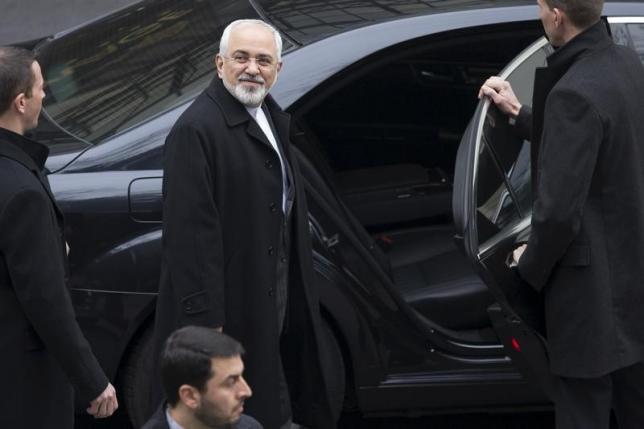Iran
Political Analyst: Iran-P5+1 nuclear deal must entail lifting of all sanctions

Press TV has conducted an interview with Dr. Mohammad Marandi, a professor at the University of Tehran, to discuss the nuclear negotiations between Iran and the P5+1 group of countries.
Marandi says a comprehensive nuclear deal must include a full removal of anti-Iran sanctions.
The academic strongly criticizes the United States for targeting ordinary Iranian citizens through imposing illegal embargoes against Tehran.
Any nuclear deal with the P5+1 group must also respect Iran’s sovereignty and should recognize Tehran’s full rights based on the Non-Proliferation Treaty (NPT), Marandi argues.
The analyst concludes by saying that the Iranian side has shown an enough amount of flexibility and goodwill during the negations.







